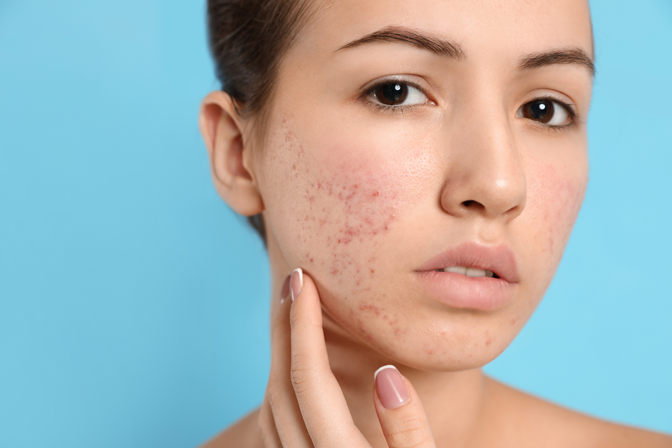How Does Sleep Quality Affect Acne Treatment?
When it comes to managing acne, many focus on skincare products, treatments, and diet—but one critical factor often overlooked is sleep quality. Getting enough restful sleep isn’t just vital for your overall health; it can also play a significant role in how effective your Acne Treatment in Dubai will be.
Understanding the connection between sleep and acne can help you optimize your skin’s healing process and improve treatment outcomes.
The Science Behind Sleep and Skin Health
Sleep is a time when your body goes into repair mode. During deep sleep phases, the skin undergoes regeneration, producing new cells and repairing damage caused by daily exposure to stressors like pollution, UV rays, and bacteria—all common challenges in Dubai’s environment.
Poor sleep disrupts these natural processes, slowing down skin recovery and weakening your immune response. This can make your skin more vulnerable to inflammation and breakouts.

How Poor Sleep Quality Impacts Acne
1. Increased Inflammation
Lack of sleep raises levels of cortisol, the body’s stress hormone. Elevated cortisol can increase inflammation throughout the body, including the skin. Since acne is essentially an inflammatory condition, this makes breakouts worse or harder to control.
2. Impaired Skin Barrier Function
A healthy skin barrier protects against bacteria and irritants. Poor sleep can impair this barrier, allowing acne-causing bacteria to penetrate more easily, resulting in more frequent or severe breakouts.
3. Reduced Healing and Collagen Production
Sleep promotes collagen synthesis, which is essential for skin repair and reducing acne scars. Without enough quality sleep, your skin’s ability to heal from acne lesions diminishes, potentially prolonging recovery time.
4. Hormonal Imbalance
Sleep deprivation disrupts hormone regulation, which can increase oil production and lead to clogged pores, fueling acne development.
Why Sleep Matters for Acne Treatment in Dubai
Dubai’s hot, humid climate can stress the skin and exacerbate acne. Add to that busy lifestyles and sometimes erratic sleep patterns, and it’s clear why sleep quality is a crucial—but often neglected—part of acne care here.
Even the most advanced acne treatments may fall short if poor sleep continues to fuel inflammation and hormonal imbalances.
Tips to Improve Sleep for Better Acne Treatment Results
Maintain a consistent sleep schedule: Go to bed and wake up at the same time daily to regulate your body clock.
Create a restful environment: Keep your bedroom cool, dark, and quiet. Consider blackout curtains to block Dubai’s bright city lights.
Limit screen time before bed: Blue light from phones and computers can disrupt melatonin production, making it harder to fall asleep.
Manage stress: Techniques like meditation, deep breathing, or gentle yoga can calm the mind and support restful sleep.
Avoid caffeine and heavy meals at night: These can interfere with falling and staying asleep.
Complementing Acne Treatment with Better Sleep
When combined with a proper skincare routine and professional advice for acne treatment in Dubai, improving sleep quality can significantly boost your skin’s ability to heal and respond to treatment. Think of sleep as a vital partner in your journey toward clear, healthy skin.
Final Thoughts
Good sleep is more than just rest—it’s a powerful ally in acne management. Prioritizing sleep quality can reduce inflammation, balance hormones, and speed up healing, making your acne treatment efforts far more effective.